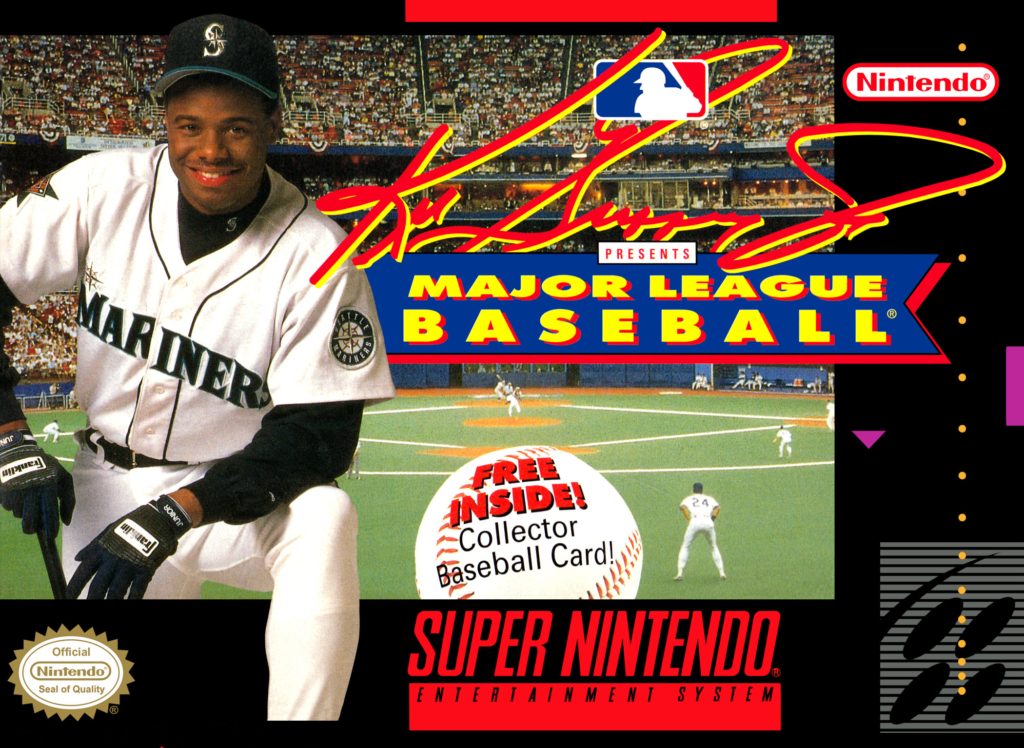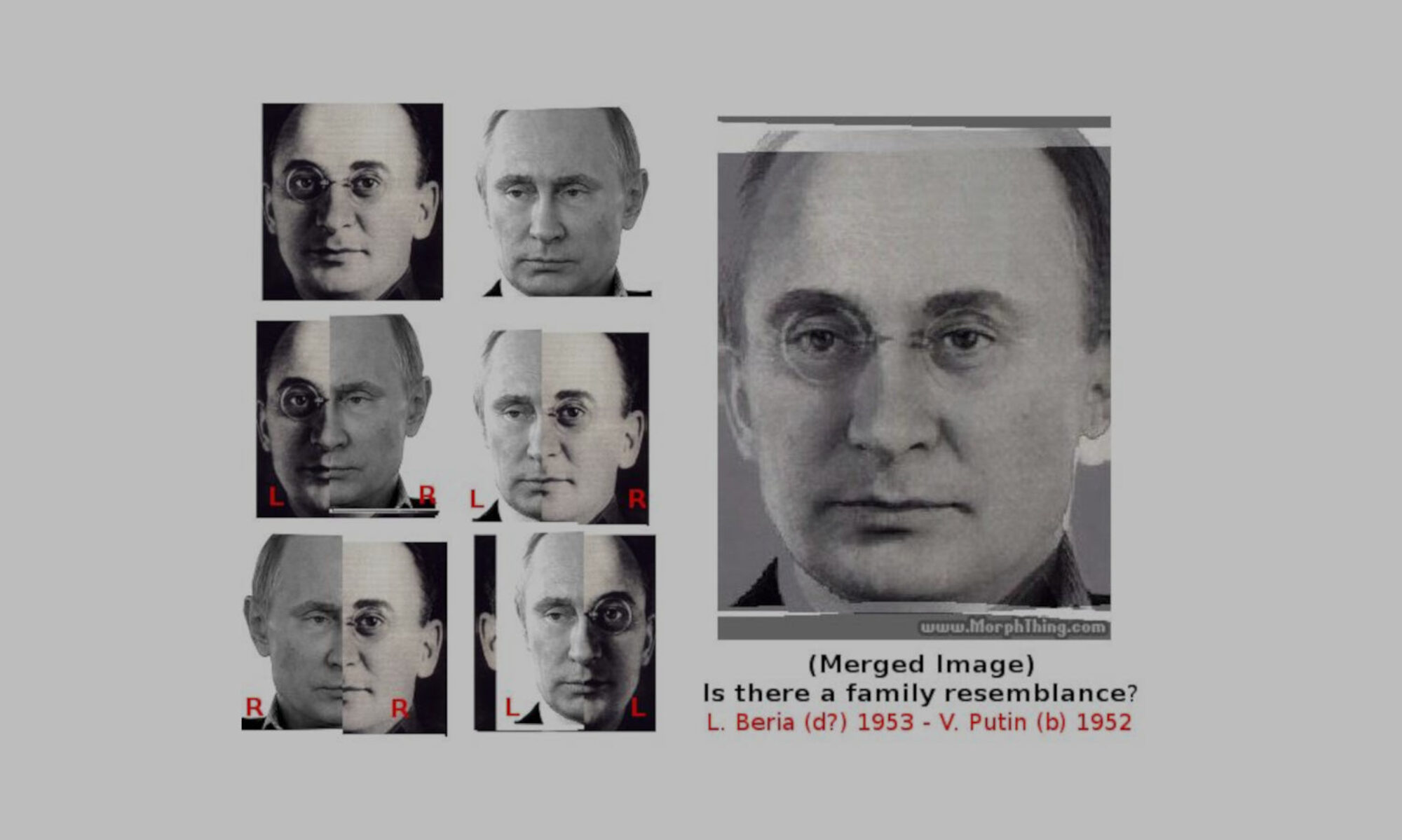One of the reasons I don’t invest time in money-generating side quests in video games is that the money isn’t real. Who cares if you have a million Gil, GP, ‘gold’, etc. but you drive a Hyundai Accent in real life? (No offense intended — I am so cheap I used to drive one by choice.) In one way, this is how the value of bitcoin and other cryptocurrencies look to me.
Their hyper valuations seem to be based on nothing more than the collective imagination of a bunch of game players hunched in front of their computer screens, having traded World of Warcraft quests for hashing programs. In addition, cryptocurrencies are mined using graphics cards, and this is quite literally where they become “video game money”.

Has an irrational actualization of nominally worthless video game money somehow made the leap to the rational (psychologically perceived) world?
Classical economists and big money magnates (who would squeeze every last drop of equity from a junk bond) deny the value of cryptocurrencies as being legitimate; and my experience has shown that they are linked to foreign intelligence and social influence campaigns .
The crypto market seems as though it is driven by an ouroboros-like self-reinforcing fantasy among libertarian bitcoin lovers on RT in this sense. It is as much of a boy(s) in the bubble mentality as a financial bubble mentality perhaps. RT does not hide that it creates alternative realities.
My respect for proven experts and foremost desire not to be made a pawn of propagandists are features which keep me away from cryptos personally. But I do think they have value which is understated by mainstream finance.
Blockchain seems to have tremendous promise from a product perspective, and financial privacy has value; but it is not hard to see how the technology behind blockchain will be made obsolete by quantum computing which is around the corner. This doesn’t say a lot for what limited ‘store of value’ or transactional claims bitcoin (for example) can make as we gaze towards the future. I think these technologies do have clear value; though today it is grossly overstated by proponents. (FWIW nostalgia does have value too, and bitcoin could have value as an ‘antique’ among cryptocoins relative to future issues I guess; in the same way a 1909 Honus Wagner baseball card still has tremendous collector value and the iconic 1989 Ken Griffey Jr. Upper Deck rookie card‘s value crashed.)
But back to the idea of gaming and cryptocoins. Are our thoughts about money management in a video game currency system just as legitimate as those we have when interacting with the teller at a bank to deposit a check? (Yes, of course they are.) That’s already kind of a mini-singularity in a way. Our experience playing a game is just as ‘real’ as the real world — even if the consequences aren’t. The risk inherent in the production of cryptocurrencies without regulation is like the risk inherent in buying a more expensive computer to play your games on. Pump more pixels, increase the hashrate. Play more hours across more machines rack up more game bucks. Video game money.
Gold bugs love bitcoin but it is far worse than gold. You can’t print gold but you can mint an ICO. Gold’s supply is self regulating, as is bitcoin’s; however in aggregate, the ICO market is really all the worst things about gold and fiat money, rather than the best. There are limited coins but unlimited potential ICOs / games. Bitcoin itself is already outdated from the tech arguments of its own proponents and other coins have stepped in to solve these problems. Still, the bitcoin enthusiasts argue for the bitcoin as though it is the same as gold in principle. Alchemical finance with the GPU as the modern philosopher’s stone = video game money.
(Again, pointing out John McAfee as the literal embodiment of ouroboros as he relates to Russian propaganda about bitcoin is too good to pass up in this alchemical metaphor sense. It is a hilarious occult pun.)
I emphasize once more, the cryptocoin movement has emerged from the machines of people who had graphics cards. There is an element of ‘game enthusiast’ which is inherent in the profile of the early coin adopter. As a game player myself, I have been exposed to perhaps hundreds of different game currency systems. There are theoretically as many game currency systems as there are games. Games are durable digitally, but their mass-popularity is always diminishing post-hype. These ICOs can only be seen as the same way. Just as the graphics in games evolve with the times and people stop playing old games, the technology behind the coins will evolve too and their users will migrate to newer coin tech.
Have the ranks of the old guard been wrong in the past about the financial future? (Of course they have. Not every time, but in after every major ‘revolution’ (or crash) they were.) I don’t put complete faith in expert predictions, but they are more expert than I am — just like bitcoin advocates are more knowledgeable about bitcoin than I am. They’re probably both right in some measure. But I think the experts are ‘more right’ this time.
As technologies like AR become more mainstream and the computational converges with the base elements of perception (aka the 5 senses), this is the realm I see cryptocurrency as having true value as perceived by users. 1001 different coins for 1001 different ‘flavors’ of reality.
But these ideas of cryptocurrencies as video game money and a s a store of value still can converge harmoniously in ways which will be important to future advertisers and translate to ‘real world’ value; which could be reflected in the value of an innovative coin asset. The monetary singularity makes sense in AR I think, but not in the real world of scarce resources.
For example, selling ad space in the most popular future alternative realities certainly will have transferable real-world value , and here is where I see potential value in an ICO being assessed as well. Why do people spend their time in that augmented reality and not others? It’s just like why Facebook or Google ad space is valuable. That kind of interaction could theoretically determine what a coin asset underpinning the economy of the AR is worth in the real world. This could provide enduring value of a coin, and even markets for competition between coins. Investors could pull their money and it migrates to the next popular AR with a different underlying coin; or the money could move to a ‘sequel’ AR, or even ‘sequel coin’. Maybe ‘players’ could even see a return on investment for their participation in an augmented reality that becomes popular, especially early adopters. Their machines can mine the coins as a part of running the program that generates the AR. This could be an engine driving innovation in AR.
Maybe when companies like Valve, Apple, Microsoft, Amazon, Facebook, or Google who have massive user bases start talking about issuing a coin, I will pay attention. Until then, I am a skeptic as the current coins seemingly have no real worth except when considered as video game money, and in this sense, they are over-valued and ahead of the times. (I still like my FDIC insurance. Call me an olde tymer. Plus, my newspaper route money got burned in the 1990s baseball card bubble and a ‘mining operation’ for rare cards, which now that I think of it seems kind of similar to the cryptocurrency bubble when you consider baseball cards as an ‘alternative currency’. Baseball card money and graphics card money.)
The closing thought is: don’t confuse reality with a video game (unless of course you’re talking about holographic simulated universes ; in which case, cash out your bitcoins (and Honus Wagners) and send me your dollars).
Edit 1/18/2018: I enjoyed this parallel report on bitcoin as the fictional video game currency “Bison Dollars” from (the terrible) ‘Street Fighter II’ video game-inspired movie ‘Street Fighter’ (1994) starring Jean Claude Van Damme. Casting was horrible in that.
https://twitter.com/Patricklous/status/952388211711524864
